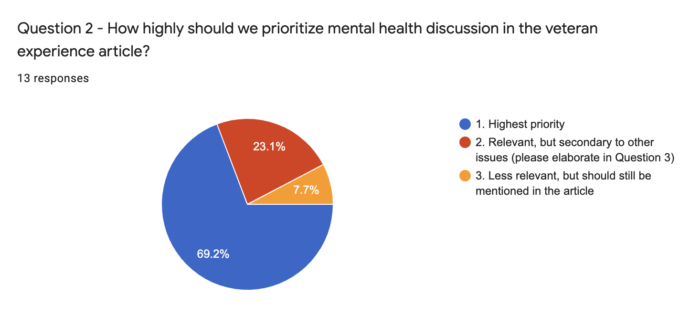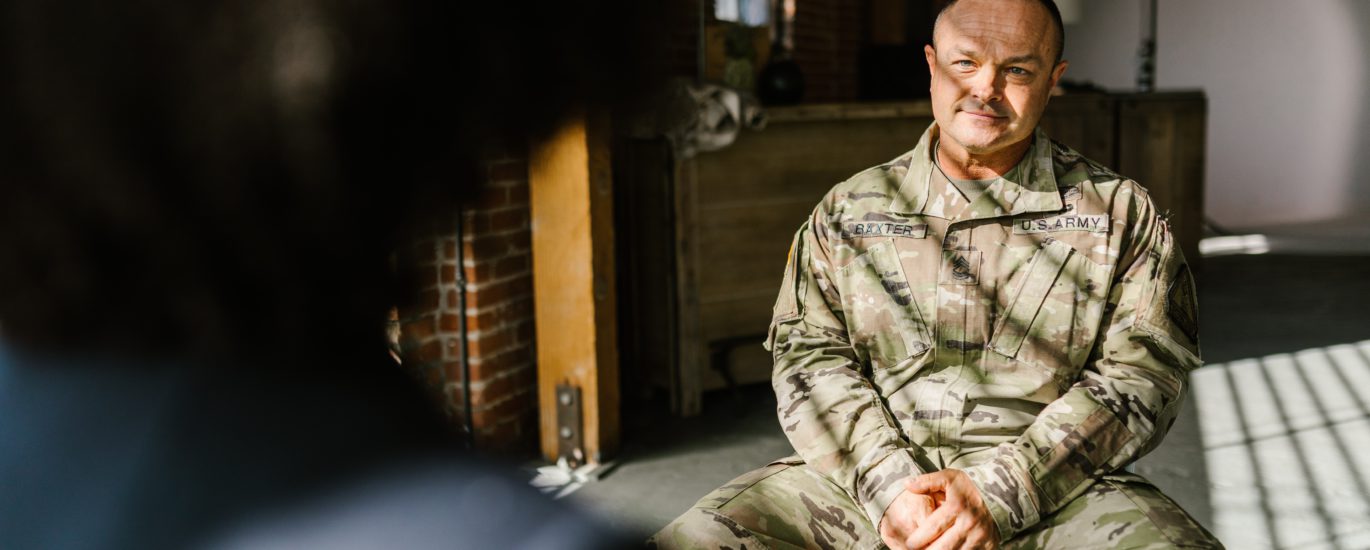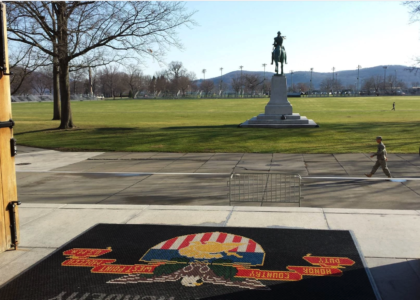By: Melissa Richardson
Veterans are our nation’s heroes, but they face extremes of both hero-worship and disparagement from the general public. Many civilians expect veterans to meet an unattainable degree of military precision in their post-service lives while facing scrutiny and misinformation about issues like mental health and job insecurity. These stereotypes, however, are not entirely the public’s fault, nor is every stereotype intentionally malicious since most civilians don’t have direct experience with the veteran population. That’s why Project Reclass centers the perspective of veterans, and why we want to give them a platform through the Veteran Experience series.
Although veterans are united under their oath of service, people often fail to see the individuals within the larger population. While the military presents its members with a unified purpose, all veterans come from different backgrounds that impact their personal lives and careers. Many vets experience unique challenges like poverty and prejudice, which are seldom acknowledged in the public consciousness. Just like everyone else, their lives and beliefs are shaped by their unique experiences, and these individuals deserve recognition.
Internal Survey
While researching for this series, our Outreach team conducted an internal survey to see which issues take priority in the minds of Project Reclass members, many of whom are veterans themselves. We espouse many values at Project Reclass, but this survey showed what mattered to our individual members with different experiences and backgrounds.

Reclass members provided much of the inspiration for the Veteran Experience series. Survey respondents answered several write-in questions where they could suggest specific topics, allowing us to gain valuable insight into which issues matter most to our Reclass affiliates. One of our members recommended highlighting the experiences of first and second-generation immigrants in the US armed forces.
“I think all issues are important, but I have to imagine veterans of color and immigrants are more disenfranchised [than most]. They more than likely make up the majority of incarcerated individuals.”
– Anonymous respondent
As this member stated, people of color and immigrants often face discrimination in the justice system. According to a report from the National Council on Crime and Delinquency, Americans of color are incarcerated at rates many times higher than white Americans despite similar rates of offense. This subject and others like it will be the topics of future articles in this series. Input about what matters most to our members allows us to feature impactful stories, challenges, and successes, and celebrate our differences.
Each veteran’s post-military journey is unique, and their experiences cannot be summed up into a singular narrative, let alone a single blog post. Through the Veteran Experience series, we want to present a wealth of experiences, from veterans of color and first-gen immigrant experiences, to hot-button issues like the true effect of mental health stigmas on the veteran community and how the civilian public’s perception of veterans affects life after military service.
Gutentor Simple Text
Gutentor Simple Text
The Author

Melissa Richardson is a lifelong writer whose goal is to shed light on human rights issues and promote sustainable solutions. In her free time, she enjoys writing fiction, reading, watching films, and spending time with her husband Scott and their rescue mutt, Nubbs.



